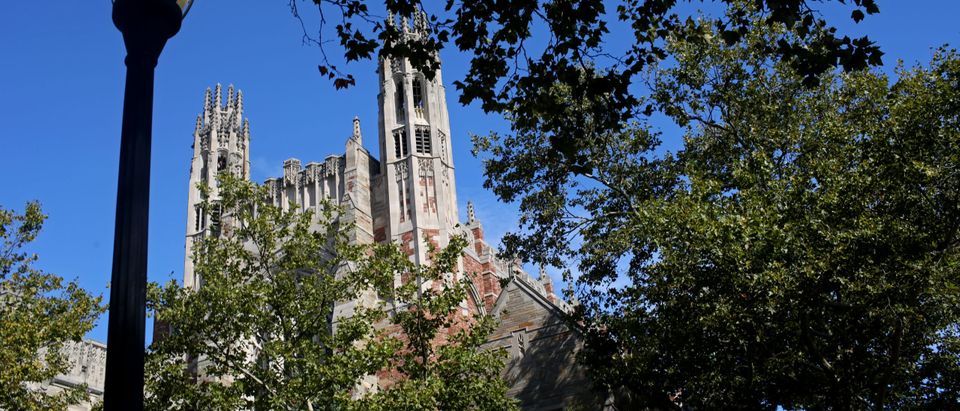The dean of Berkeley Law and chancellor of University of California at Irvine penned an opinion piece Thursday, condemning two recent instances of protesters trying to keep invited speakers from addressing their audiences.
“It is profoundly disturbing that some students assert a right to determine what messages are acceptable on a campus and try to deprive others within the community of their right to invite or listen to speakers of their choice,” Berkeley Law Dean Erwin Chemerinsky and University of California at Irvine Chancellor Howard Gillman wrote in The Washington Post. (RELATED: REPORT: More Than 100 Ivy League Students Protest Bipartisan Event. Police Forced To Escort Panelists Out)
The Dean of Berkeley Law delivers sharp rebuke to law students who have taken up the practice of shouting down invited professors whose views they disapprove, clarifying that no, such acts are not free speech but attacks on free speech https://t.co/ftnfLLPwgr pic.twitter.com/RDVTKCcuhz
— Wesley Yang (@wesyang) March 26, 2022
The first incident occurred March 1 when protesters at University of California’s Hastings College of the Law drowned out constitutional scholar Ilya Shapiro, who was speaking at an event hosted by the school’s Federalist Society chapter, titled “The Battle Over Justice Breyer’s Seat”. The event was ultimately shut down.
Protesters at Yale Law School attempted to shut down Kristen Waggoner of Alliance Defending Freedom at a March 10 event sponsored by the Yale Federalist Society. Waggoner was on a panel with Monica Miller of the left-leaning Humanist Association. Unlike the March 1 event, the discussion proceeded following the disruption.
“It is especially problematic when the students attempting to silence other viewpoints are lawyers in training,” the authors wrote. “How are legal professionals to argue cases if they are unwilling to hear from, and learn to respond to, the opposing side of current debates?”
Chemerinsky and Gillman recognized that such shouting in a public park would be permissible, but not in a university setting where “all ideas and views can be expressed.”
“The strengths and weaknesses of ideas are determined not by conformity to any preexisting orthodoxy, but through the process of rational argument and evidence-based reasoning,” they wrote. “This is how better ideas gain more legitimacy and worse ideas are exposed and rebutted.”


